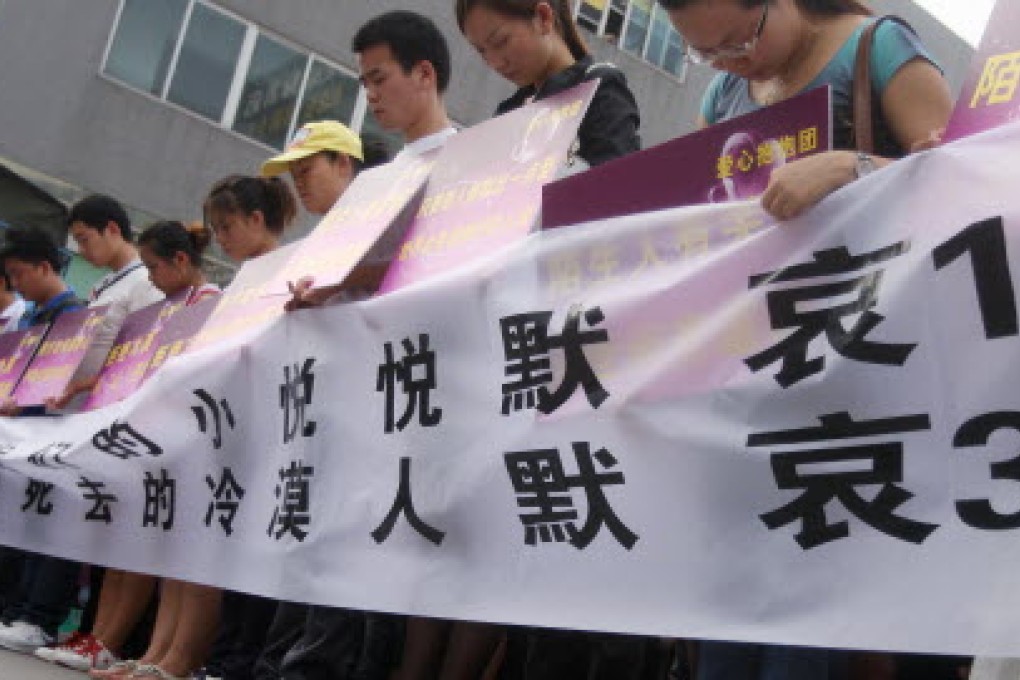Shenzhen's Good Samaritan law can be model for nation
The mainland's adjustment to a culture of wealth and comfort has its challenges. One of the most troubling has been the rise of greed, coupled with by a perceived decline of compassion and morality.

The mainland's adjustment to a culture of wealth and comfort has its challenges. One of the most troubling has been the rise of greed, coupled with by a perceived decline of compassion and morality. Shenzhen's government has become the first in the nation to deal with the matter head-on by introducing a "Good Samaritan" law providing legal protection to those who stop to help people in need. If properly enforced, there is a chance of traditional values again being respected.
Shocking incidents of people being sued by those they helped, and others in danger being ignored, have stirred passionate debate in recent years. The most disturbing incident involved a two-year-old girl who was run over twice by vehicles in a market in the Guangdong city of Foshan . A surveillance camera showed at least 18 people passing her as she lay gravely injured. An elderly woman eventually took pity and helped, but the girl died eight days later.
It was not the first incident of its kind, nor, even with a law, is it likely to be the last. In societies wealthy and poor, there are those who are reluctant to get involved in a situation they believe does not concern them. On the mainland, though, hearts have also been hardened by scams involving people who thought they were aiding victims getting robbed and rescuers being sued for compensation after finding themselves wrongly blamed for causing injuries. Shenzhen's authorities have thankfully responded to the outcry with a version of protective laws widely in place overseas.
Among the provisions, rescuers will be exempt from legal liability for unintentional injury or death unless grossly negligent; those making false claims face punishment; and there will be government compensation if a "Good Samaritan" dies or is injured while helping. These are the right protections, but police and courts have to take the measures seriously if they are to be effective. Only when that happens will people again feel safe to lend a helping hand to strangers. If there is resolve, Shenzhen's law could serve as a nationwide model.